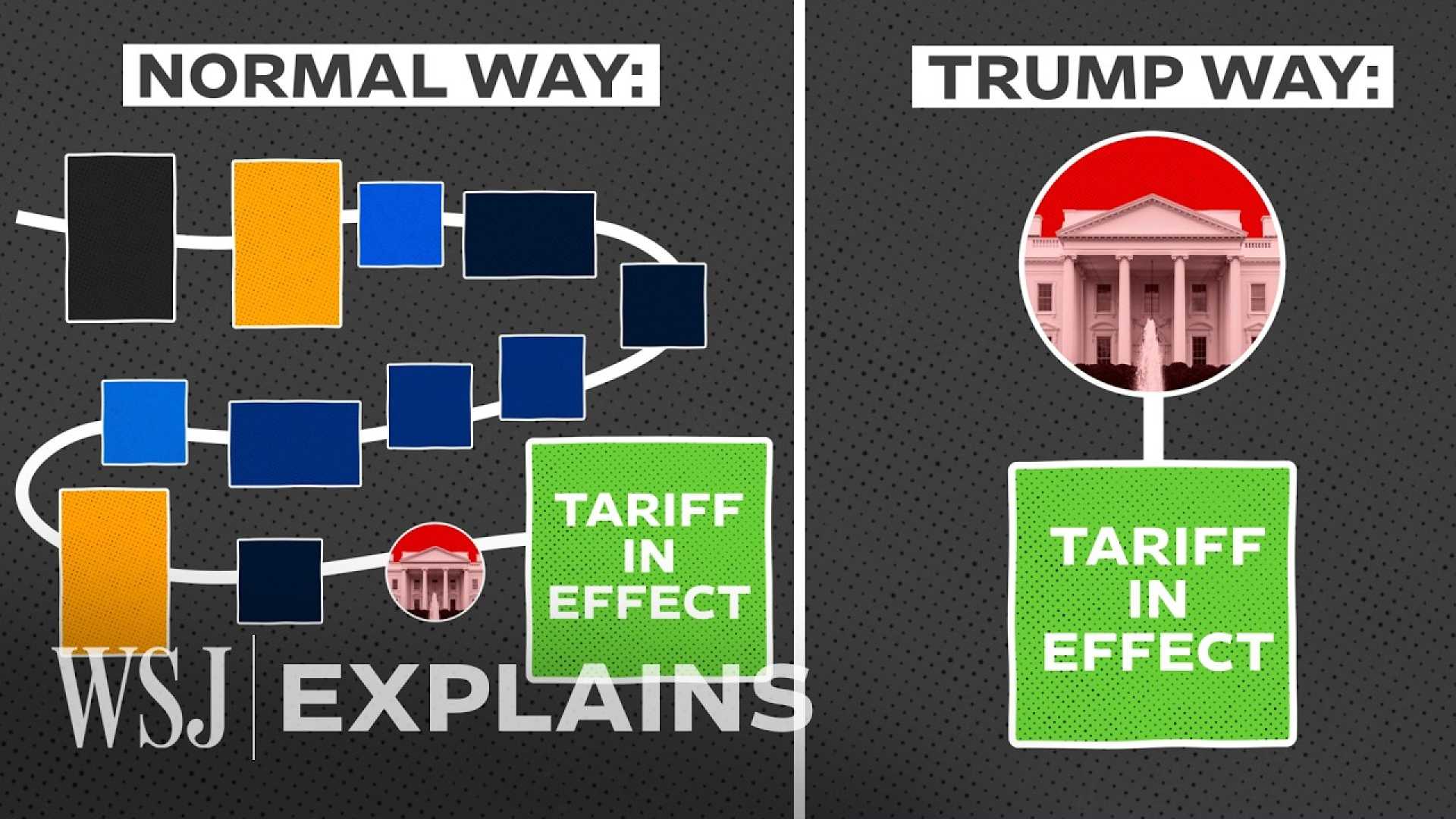Politics
Legal Challenge Launched Against Trump’s Tariffs by Civil Liberties Alliance

PENSACOLA, Fla. — The New Civil Liberties Alliance (NCLA), a libertarian group funded by notable entities including Charles Koch, has filed a lawsuit against President Donald Trump, challenging the legality of his imposition of tariffs under the International Emergency Economic Powers Act (IEEPA). The action, characterized as an unlawful use of emergency powers, was initiated on behalf of Simplified, a Florida-based home goods company that largely depends on imports from China.
The suit argues that the president’s invocation of the IEEPA to impose tariffs infringes upon Congress’s authority to regulate trade. The NCLA claims this statute allows for specific emergency actions such as imposing sanctions, but does not grant the president the power to set tariffs. This legal move reflects a growing bipartisan concern over Trump’s tariff policy, which has contributed to significant declines in international market stability.
The lawsuit follows recent support from four Republican senators, including Mitch McConnell, who aligned with a Democratic amendment calling for the reversal of the 25% tariffs imposed on Canada. Senators Rand Paul, Susan Collins, and Lisa Murkowski also joined the initiative, citing economic harm as a major concern.
Mark Chenoweth, president of the NCLA, emphasized that expanding the president’s authority to set tariffs could lead to a dangerous transfer of legislative power. He stated, “Reading this law [IEEPA] broadly enough to uphold the China tariff would transfer core legislative power. The court must construe the statute consistent with nearly 50 years of unbroken practice and decide it does not permit tariff setting.”
The complaint filed by the NCLA highlights the disconnect between the emergency powers invoked by Trump and the economic rationale behind the tariffs. It asserts that the administration has not provided a satisfactory link between citing the opioid epidemic and imposing broad tariffs on imports from China. “The means of an across-the-board tariff does not fit the end of stopping an influx of opioids,” the lawsuit contends.
Andrew Morris, senior litigation counsel for the NCLA, reiterated that Congress holds the sole authority to regulate tariffs, stating, “His attempt to use the IEEPA this way not only violates the law as written, but it also invites application of the Supreme Court’s Major Questions Doctrine, which tells courts not to discern policies of ‘vast economic and political significance’ in a law without explicit congressional authorization.”
Additionally, the legal challenge has sparked conversations among lawmakers regarding measures to limit the executive’s power over tariffs. In response to the ongoing concerns, Senators Grassley and Cantwell introduced a bipartisan bill requiring congressional approval for the president to impose new tariffs within a defined period. This legislative effort, however, faces uncertainty in its passage, particularly within a divided Congress.
While Trump maintains that the tariffs are necessary for economic prosperity, critics, including GOP senators, worry about the repercussions on the stock market and consumer prices. Paul expressed his concerns, stating, “They all see the stock market, and they’re all worried about it.” He emphasized the need for checks and balances in governance, adding, “I don’t want to live under emergency rule.”
As the lawsuit proceeds, the legal implications of Trump’s tariff decisions continue to unfold, potentially challenging the administration’s authority and reshaping trade policies in the United States. The outcome may set a critical precedent for future executive actions regarding trade.












